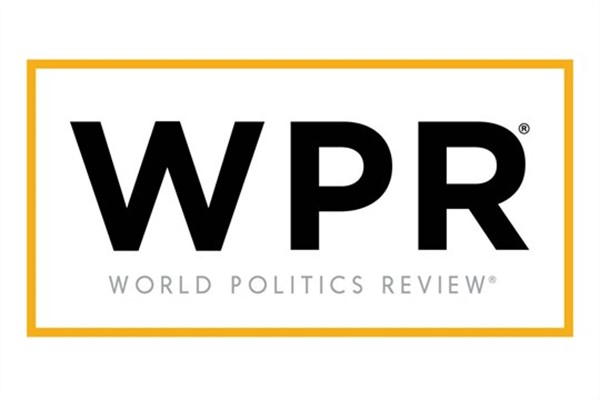Cyril Ramaphosa Sworn in for Second Term Amid Historic Coalition Agreement
In an unprecedented political development, South African President Cyril Ramaphosa was re-elected for a second term on Wednesday, following a pivotal coalition agreement between his ruling African National Congress (ANC) and the opposition Democratic Alliance (DA). This alliance, formed in the eleventh hour, saw the DA securing key positions within the Cabinet and the legislature in exchange for backing Ramaphosa’s presidency.
The necessity for this coalition emerged from the results of South Africa’s general election on May 29, where no party managed to secure a majority. The ANC garnered only 40 percent of the votes, marking a significant decline of 17 points from its 2019 performance. This outcome signaled the end of the ANC’s unchallenged dominance since the historic transition from apartheid to a multiracial democracy in 1994, a period during which the party consistently held the majority.
The DA, maintaining its role as the second-largest faction in the National Assembly, now finds itself in a power-sharing arrangement that some equate to a government of national unity – a term Ramaphosa himself employed. Such a configuration has not been seen in South Africa since the nation’s early post-apartheid era. The ANC’s subpar electoral performance underscores a growing disenchantment among the electorate over persistent socio-economic woes and deteriorating living standards.
Political analysts suggest that the ANC’s inability to secure a majority for the first time in nearly three decades may signify a maturing democracy, one characterized by dynamic and credible electoral processes. This perspective draws on broader historical comparisons: akin to the gradual evolution of political systems in other nations that transitioned from autocracy to democracy, the shifting tides in South Africa’s political landscape reflect a robust participation and engagement of the populace.
The coalition agreement is viewed by many South Africans as a potential catalyst for rejuvenation within the ANC. It poses a rare opportunity for the country’s political factions to set aside differences and collaboratively address pressing issues such as economic stagnation, soaring unemployment, an acute energy crisis, rampant crime, and deepening poverty.
As South Africa navigates this new political terrain, the hope is that cooperative governance might pave the way for comprehensive reforms and innovative solutions, akin to transformative periods in other democratically evolving nations.
This report draws upon the latest developments in South African politics as documented by World Politics Review.
